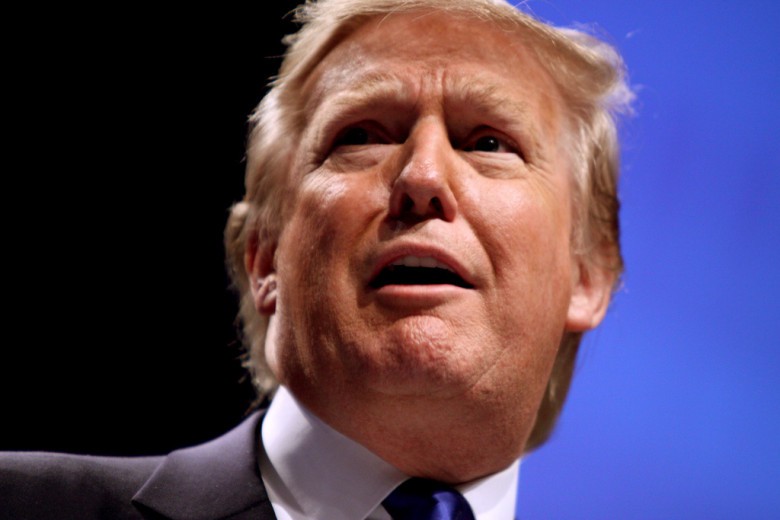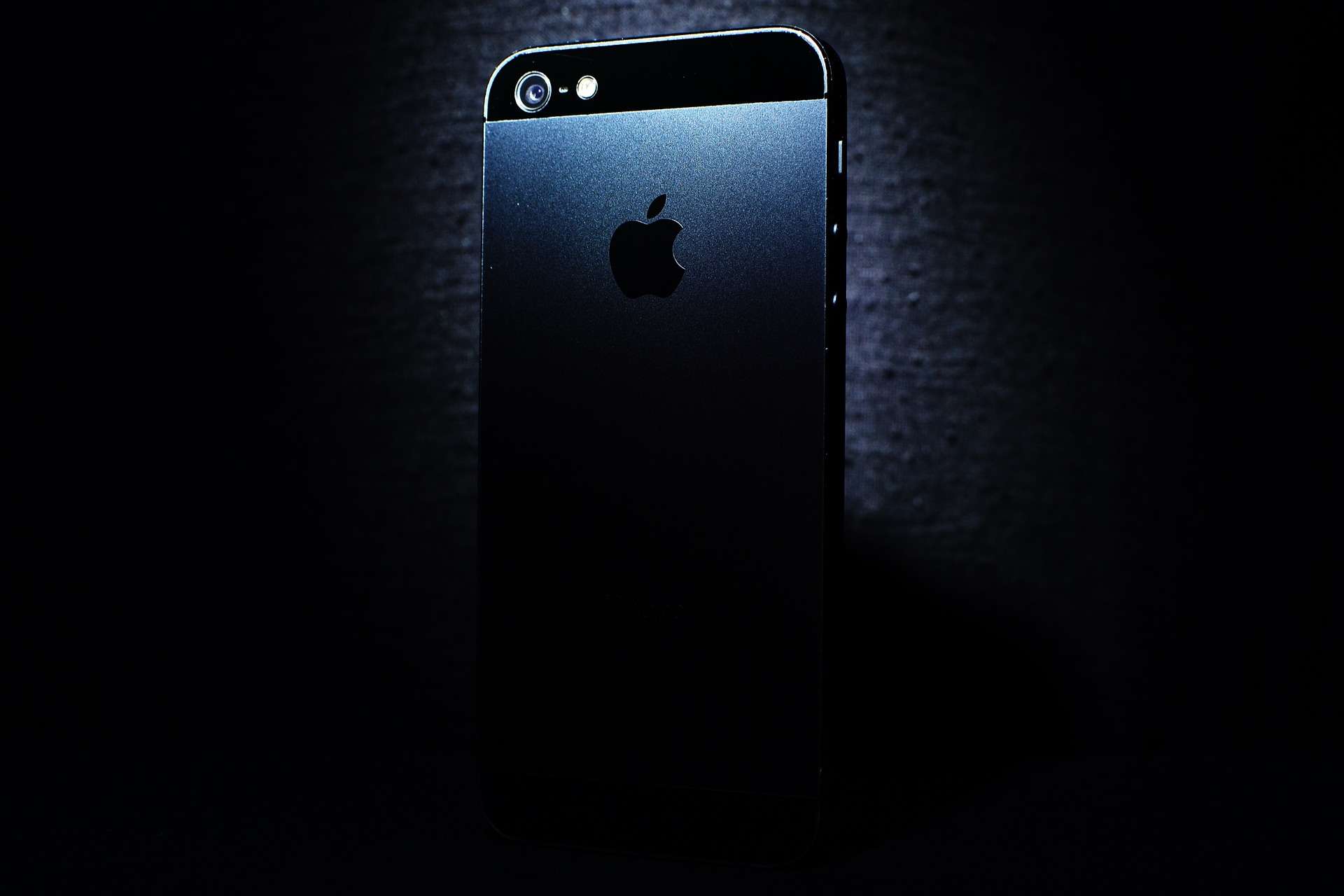It’s been a crazy day for news in the case of Apple v. the federal government in the battle over the data contained on a mass-shooter’s iPhone, and some surprising facts are emerging between the two side’s shots at each other.
Today, we saw the Justice Department double down on the original court order, some predictable antics from presidential candidate Donald Trump, and Apple’s responses to both. But we’re also picking up some interesting details that make this already complicated issue even murkier. And things aren’t quite as simple as either side is claiming.
Here are some of the most surprising aspects of this case that have come out in the past few days.
Apple says the government has made its job harder
The device at the center of this controversy is an iPhone 5c that San Bernardino shooter Syed Rizwan Farook used for his work as a state health inspector. The FBI believes it may contain important intelligence but can’t get past the phone’s passcode lock without risking deleting its information.
But in a call with reporters today, Apple said that it had already tried to access the device in accordance with government requests. But it couldn’t do so because someone had changed the iCloud password on the device, Buzzfeed News is reporting.
Further, Apple claims, the change occurred after the phone had entered government custody, which means that either the FBI or the San Bernardino Health Department has contributed to the matter escalating this far. Assuming the company’s earlier methods to unlock the device would have worked, none of this would be happening if the password were still the same.
But even that may not matter, because:

Photo: Gage Skidmore/Flickr CC
The government has been working on other anti-encryption plans, anyway
A “decision memo” outlines the details of a meeting at the White House last November during which “senior national security officials ordered agencies across the U.S. government to find ways to counter encryption software and gain access to the most heavily protected user data on the most secure consumer devices,” Bloomberg Business says.
This covert action provides an alternative after the administration pledged not to pursue legislation requiring tech companies to install means through which they and the government could have free access to data. While seeking means of hacking devices doesn’t completely rescind that earlier statement, it does feel like a loophole in it.
Apple does not face criminal penalties, regardless
Apple head Tim Cook can afford to take hard-line stances like the one he expressed in his letter to customers on Tuesday. And that’s because a U.S. Senate panel decided this week that it would not criminalize companies like Apple for refusing to honor court orders on encryption.
But that’s not to say that Richard Burr, Chairman of the Senate Intelligence Committee, thinks the company should keep resisting.
“We are a country of laws, and this charade has gone on long enough,” writes Burr in an op-ed. “Apple needs to comply with the court’s order.”
Considering Cook and Apple’s outspoken and public opinions on the matter, we don’t suspect that the threat of criminal prosecution was ever a huge deterrent.
The government may be hiding some facts
NSA whistleblower Edward Snowden posted a list of five “crucial details” to his Twitter account. And if they’re true, this entire case could be a ploy for the government to establish a legal precedent to give it more free access to phone data. Here’s what Snowden says:
Journalists: Crucial details in the @FBI v. #Apple case are being obscured by officials. Skepticism here is fair: pic.twitter.com/lEVEvOxcNm
— Edward Snowden (@Snowden) February 19, 2016
Snowden’s first point is, well, on point. The government doesn’t need to access the phone to see whom Farook was using it to communicate with. The service provider has all of that data, and investigators can access it easily enough through them. It doesn’t need the phone to obtain these records.
We aren’t sure about the second point, however. Obviously the San Bernardino attack took longer than six weeks to plan, but we can hardly blame the FBI for wanting to fill in that gap if it thinks that those records could contain actionable intelligence. Still, what kind of insight it hopes to obtain is still unknown, especially considering the truth of Snowden’s first claim.
The third item seems superfluous, considering the first. But it’s a precursor to an idea Snowden brings up later on in his post: The idea that the government has methods of obtaining the data they want independently of accessing the phone. The service records would give them all of the people the shooter contacted, and they could follow up with those people who have exactly the same information as the phone, assuming they don’t delete their text conversations all that often in order to free up space for additional dog pictures like some people I know.
Snowden’s fourth point is the most interesting, as it calls into question why the government would be interested in the work phone in the first place. Investigators have no evidence that the shooters even planned anything on this device, and the fact that they spared it from their wholesale destruction of evidence would support this claim. It was his work phone, after all, and as such, he’d know that his employers could monitor it.
Finally, Snowden points out that the government shouldn’t even need Apple to provide access, as “alternative means” exist. He’s not specific about what those might entail, and we’re at a loss to come up with any ideas ourselves, not being superhackers. But cybersecurity expert John McAfee says he could do it in three weeks, so why isn’t the FBI turning to him?
Conspiracy-minded people might fall back on the possibility that the government wants to set a precedent for increased access, and it needs a ruling against Apple directly to accomplish that. But regardless of whether that, or anything else, ends up happening, we’re going to be talking about this case for a long time.


